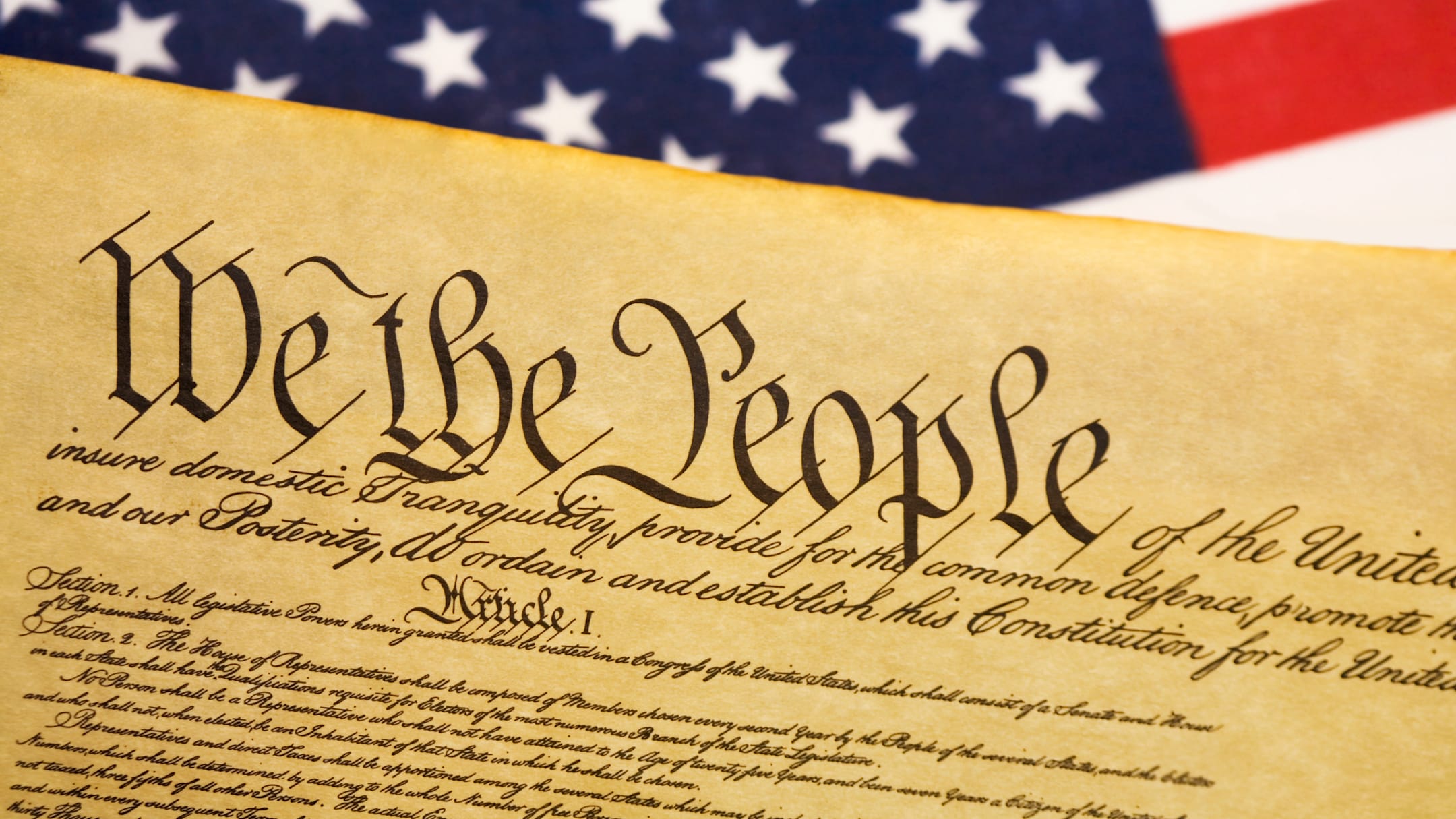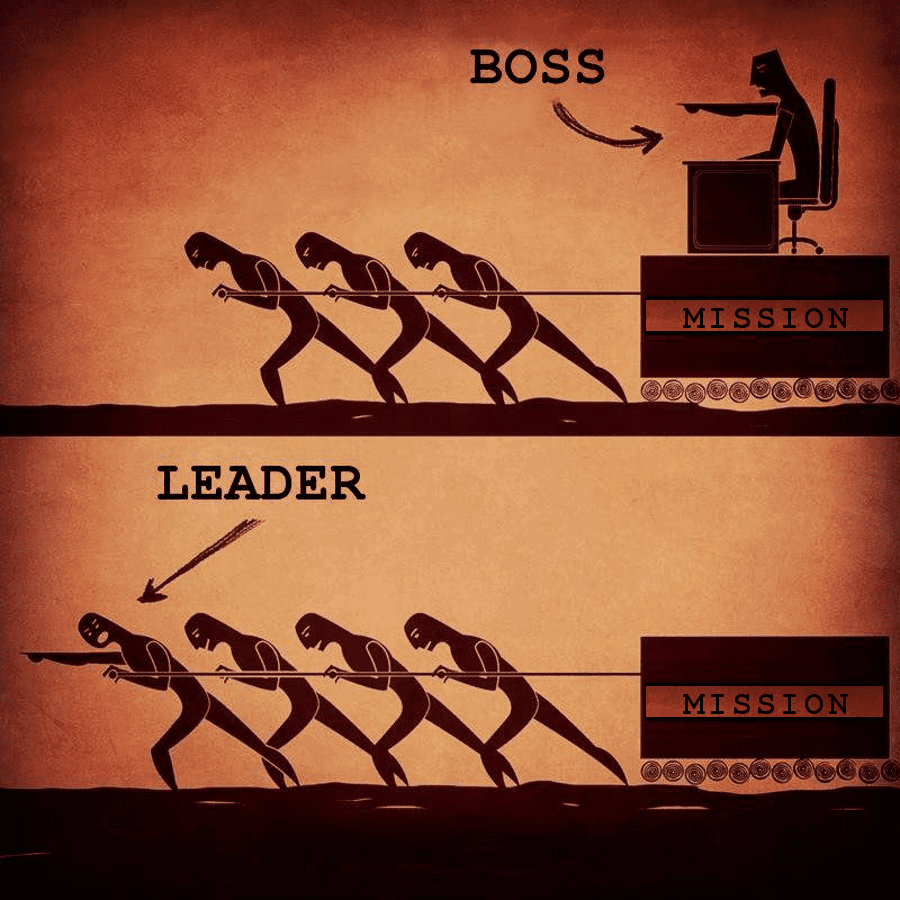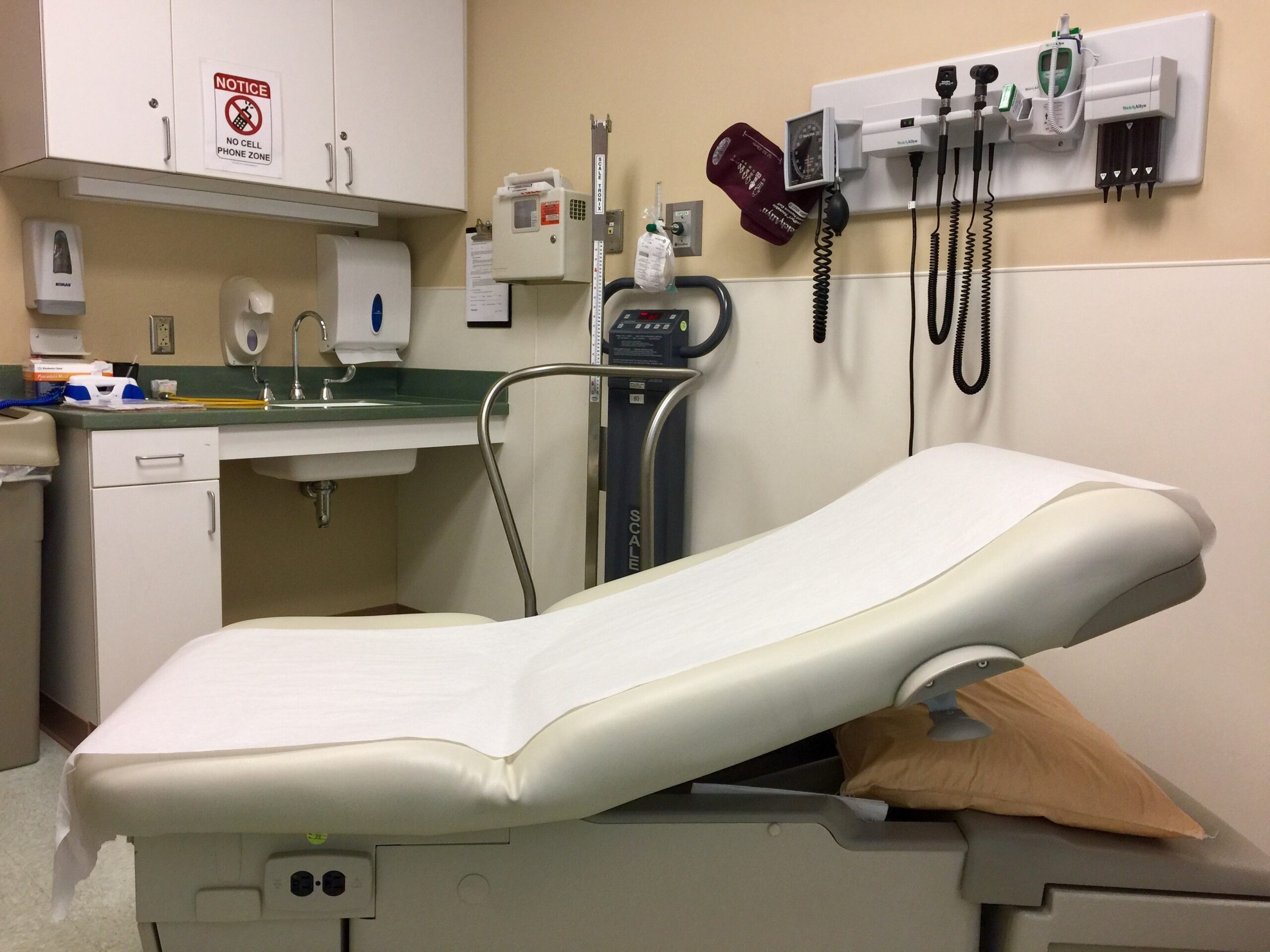Back to The Hospital
February 17, 1990 (Saturday)
You’ll never guess what happened next. Yeah — Elder Benjamin started hurting in his abdomen. At first we thought it was sympathetic pains or side-effects of sleeping in a chair for three nights. It started around Wednesday, two days after we had left the hospital, and got slightly worse until today — Saturday, it was a sharp pain, just as had happened with me.
Elder Johnston said, “Well, what are you waiting for? You know what the President would say.”
Elder Benjamin said, “Yeah — time for us to go back to the hospital! Well, tongbanja, we have to go anyway for your checkup. What do you say? Two birds with one stone?”
“Sure,” I said.
“Isn’t it great how the Lord works out these things to happen at the same time? It’ll give us more time to do his work later. How great and marvelous are His works!”
“Yes,” I said, “Only you can be excited about hurting.”
“We’ll be okay, tongbanja.”
And off we went. As we sat near the back of the bus, I couldn’t help but remember how a week ago, I was moaning in pain, and now here was Elder Benjamin going on and on about how smart and infinite God was.
We didn’t stay in the ER for very long. It wasn’t as busy as last time. And yeah — Elder Benjamin said, “See? God wants us to be in and out. We’ve got a lot of work to do.” And thoughts of being admitted and switching places filled my head. Would I last three days sleeping in a chair like Elder Benjamin had? Or would I take up the other Elders’ offers to rotate? What kind of patient would Elder Benjamin be? While I had stayed mostly in bed complaining about the IV in my arm, would he instead be all over the place sharing the Gospel — even visiting other rooms?
We went straight to the same doctor’s office, Dr. Cho.
“Hello,” he said as we entered. “Mr. Benjamin, please sit down over here and tell me about your symptoms.”
Elder Benjamin sat in the observation chair and talked about how he had the same symptoms that I had.
“Interesting,” said Doctor Cho. “You know what this means. This pain appears to be viral. I’d like to get a blood sample from both of you.” He then pushed on Elder Benjamin’s abdomen and performed other tests I recognized from before.
And then Doctor Cho said, “Okay Mr. Elder. It’s your turn. Let’s see how you’ve been doing.” He pushed on my abdomen and asked about my symptoms. There was still some pain, but ever since I left the hospital the past Monday, I had not had any further sharp pains.
He then said, “I’ll be right back. Stay here,” as he left the room. And then we were alone for a few minutes.
Elder Benjamin pointed at the board and said, “Look what it says for room 249.” Among the Korean writing, there was one word in English: “appendicitis.”
“Hmmm,” I said. “Was that me?”
“It says he’s in there now.”
“Dang. Well, I’m glad someone could get it to work, where I certainly failed.”
Elder Benjamin laughed. “You’re so funny, tongbanja!”
He then pulled out a Mormon Gyeong from his briefcase and said, “Got to get this ready for the good doctor.”
“What are you doing?” I asked. “He’s working.”
“We’re behind in our counts.”
“But we can’t give these to just anyone. He’s going to kick us out!”
“The Spirit requires it,” said Elder Benjamin. “Watch.”
He said as the doctor entered the room, “Hey Doctor Cho. Someone in our room has appendicitis?”
He laughed. “Room 249? I suppose it does. You wouldn’t know the guy because everyone checked out this past week except for one. Weirdest thing ever. They all just finished healing, and now they’re gone.” And he looked at us sideways. “Wait — it couldn’t be … no, that doesn’t make sense.”
I asked, “Who’s still in there?”
“I’m not allowed to say.” There were no names on the board. “Anyway, I’ve decided to change up your meds for both of you. This should help fight the virus. We’ll have more details when the labs are completed, but whatever it is, this medicine should help. And Mr. Benjamin, you can go home, too. We do not need to admit you.”
“That’s great!” said Elder Benjamin. “We’d like to thank you for all your help. Here’s a gift for all your hard work.” He handed over the book.
“Mormon Gyeong? This really isn’t necessary. I’m not supposed to accept gifts. I just take your money.”
“It’s okay,” said Elder Benjamin. “This is the same book we gave to some of the patients last week, and I think you would enjoy it.”
“You gave these to the patients?” He held the book for a few seconds, staring at it, and then he said. “Okay. Sure. I’ll try it out. Now you can both leave. Go get healthy, and live a good life.”
We got up to leave, and when we got to the door, Elder Benjamin asked, “Oh yeah. Could we go up to our old room to check it out?”
“I don’t see why not,” said the doctor. “It’s visiting hours.” And we left.
“See?” I said. “He kicked us out.”
Elder Benjamin laughed. “He’s going to read the book. The Spirit is satisfied.”
“Okay, then.”
We went up to Room 249, and the beds were packed. Just as the doctor had described, all of our friends were gone except for Cho In-jae in Bed #2. Even the Presbyterian elder who had replaced me was gone.
In-jae had been lying in bed, and as he saw us, his eyes lightened up. “Elders. How’s it going?”
“You’re particularly quiet today,” said Elder Benjamin.
“Yes, I’m tired these days. And these new guys are quiet. Things got really quiet after you left, and then the others left. They all got better and escaped this place.”
“Why are you still here?” I asked.
He laughed. “I’m working on it. My hand is getting better, but now I have an infection — wiping me out. I’ll get out in a couple of weeks. At least now I know what not to do in the factory when I go back to work.”
We laughed. Elder Benjamin said, “Well, we’ll pray for you. Get out of here soon.”
“Hey!” said In-jae. “I love this book you gave me. It’s a page turner. No wonder you guys are so happy all the time.”
And then we proceeded to teach him the First Discussion. He had a lot of questions about Joseph Smith. He had gathered beforehand that Joseph was the translator of the golden plates, and had seen some angels. At one point he asked, “Why can’t we see angels?”
Elder Benjamin said, “Oh, they still exist. They only appear on special occasions, but you can still feel them. We’ll teach you how. We always have angels surrounding us and helping us.”
“Really?” said In-Jae. “Where are they?”
“Everywhere.” Elder Benjamin motioned to all the space around us.
“Right here in this room?”
“Yes. They are protecting us, and you, too. And when we leave, they will continue to watch over you.”
“What about all the other patients?”
Elder Benjamin said, “If you wish it, they will watch over them, too. All you have to do is pray and ask for them to come, and they will be there.”
“Who are these angels? Will I become one when I die?”
“Yes. Angels are just us in spirit form. We were angels before we came here, and we’ll be angels in the next life.”
“Wow!” said In-jae. “I think I’m ready.”
Elder Benjamin paused. “Ready for what?”
“To join your church.”
“You want to get baptized?”
“Yes,” he said. “It feels like the right thing to do.”
“Okay, then,” said Elder Benjamin. “I suppose the first thing to do is to get out of this place.” At this point, we missionaries were supposed to get a date committed, but my companion improvised. “In the meantime, we can continue teaching you about our church. Can we come back next week?”
“Most certainly,” In-jae said with a big, though tired, smile.
“Great.”
We then wrapped up our discussion, gave him a blessing, and left.
Right after we left the room, I said to Elder Benjamin, “Good job, tongbanja. Good job.”
“It wasn’t me,” he said. “It was the Spirit, and In-jae. He’s ready.”
After a couple of months, we were finally going to have a baptism. Our upcoming report to our leaders was going to be received well. I was happy.
Next Adventure: The Goodbye





